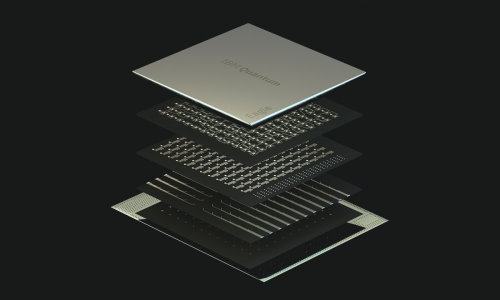IBM has unveiled a 127-qubit quantum computer, codenamed ‘Eagle’. The new quantum processor, based on superconducting circuits, is the first to break the 100-qubit barrier. According to IBM, the scale makes it impossible for Eagle to be reliably simulated by a classical computer: the number of classical bits necessary to represent a state on the 127-qubit processor exceeds the total number of atoms in the more than 7.5 billion people alive today.

That doesn’t mean Eagle will be able to beat traditional supercomputers, however. Qubit count, ie scale, is but one aspect of quantum computer performance. Equally important, for example, is how reliable the qubits are. The more unstable the physical qubits, the more of them are needed to construct a reasonably stable logical one.
IBM hasn’t released any performance metrics for the Eagle, but it’s clear that it will take another couple of years to overpower classical supercomputers. The company plans to present a 433-qubit chip called Osprey next year, followed by an 1121-qubit chip called Condor in 2023. At that point, a ‘quantum advantage’ will be within reach, says IBM.



